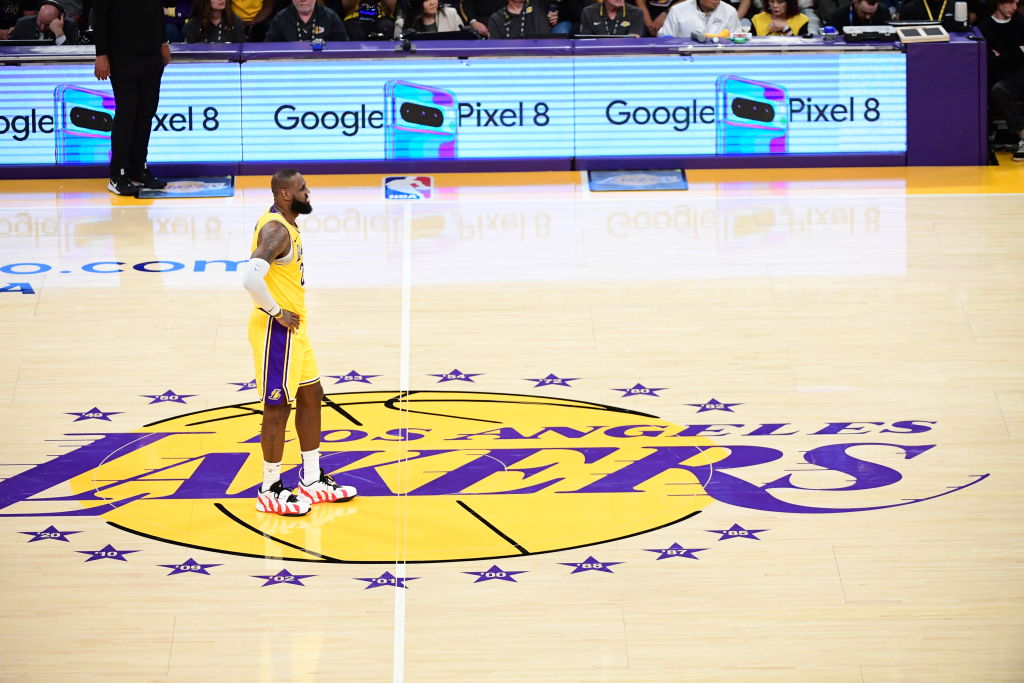The head of the Port of Los Angeles Tuesday gave an apprehensive report about the effects the trade war between the United States and China could have on the local shipping yard.
Eugene Seroka, the executive director of the port, said the recent swell of total imports may have been spurred by fears of tariffs being placed on Chinese goods and could be indicative of slowing business with the country in the near future.
"What you would normally see in an economy like this, especially in Southern California that's been so strong since the recession, you'd see folks really investing in the future, and that's just not happening here," Serkoa said. "People are just generally pensive about what the future may hold."
Tuesday's report follows the most productive year in the port's history.
President Donald Trump in August announced an additional 10% tariff that would be applied to about $300 billion in Chinese imports. It went into effect on Sunday.
Seroka said 55% of cargo that comes into the port has a tariff or tax on it, and 98% of Chinese goods have tariffs. China was the largest foreign trading partner with the port last year, with $153 billion in cargo value. Its second-largest trade partner was Japan, with $36 billion in cargo value.
"It takes seven Vietnams to make a China," Seroka said. "What we said (in 2018) still holds true, that there would be consumer impacts. Prices in certain sectors have gone up."
Local
Get Los Angeles's latest local news on crime, entertainment, weather, schools, COVID, cost of living and more. Here's your go-to source for today's LA news.
Seroka said any notion that China's government and businesses are paying for the tariffs is "unequivocally false." Tariffs are paid by companies to the U.S. government.
"If companies absorb these costs, (they're) going to have limits on hiring ... and they're not paying attention to job expansion, and secondly they're not paying attention to capital investment," Seroka said.
Seroka said trade patterns are starting to shift and companies are looking to work with other southeast Asian nations like Vietnam and the Philippines, paying a little bit more than they would in China.
"Our response is that we continue to grow and, based on my statistics for the first seven months of the year, we're out-pacing organic growth," Seroka said. "Imports from China are down 10%, but we're making it up in these other locations."
Seroka said for every shipping container the Port gains from other countries, it loses two and a half from what it got from China.
"We don't see a way out of this until (the U.S. and China) come to an active negotiated settlement," Seroka said. "Realistically speaking, the growth is in southeast Asia. I think we're well-poised to capture that growth."
South Korea and Japan could also be the next destinations of major trade, but shipments would need to increase significantly between more than just a few countries to keep the port on par with its numbers, Seroka said.
Seroka said tourism from China is also noticeably down since last year. City Councilman Joe Buscaino, who chairs the council's Trade, Travel and Tourism Committee, asked Seroka if he'd been able to speak with White House officials because if any port were to be affected by the trade war, it would be Los Angeles, he said.
"During the last administration, I had four cabinet members' numbers on speed dial. Today, I find it very difficult to make it to even mid-level staff," Seroka said.
Seroka was requested to give the brief report again at Wednesday's City Council meeting.



